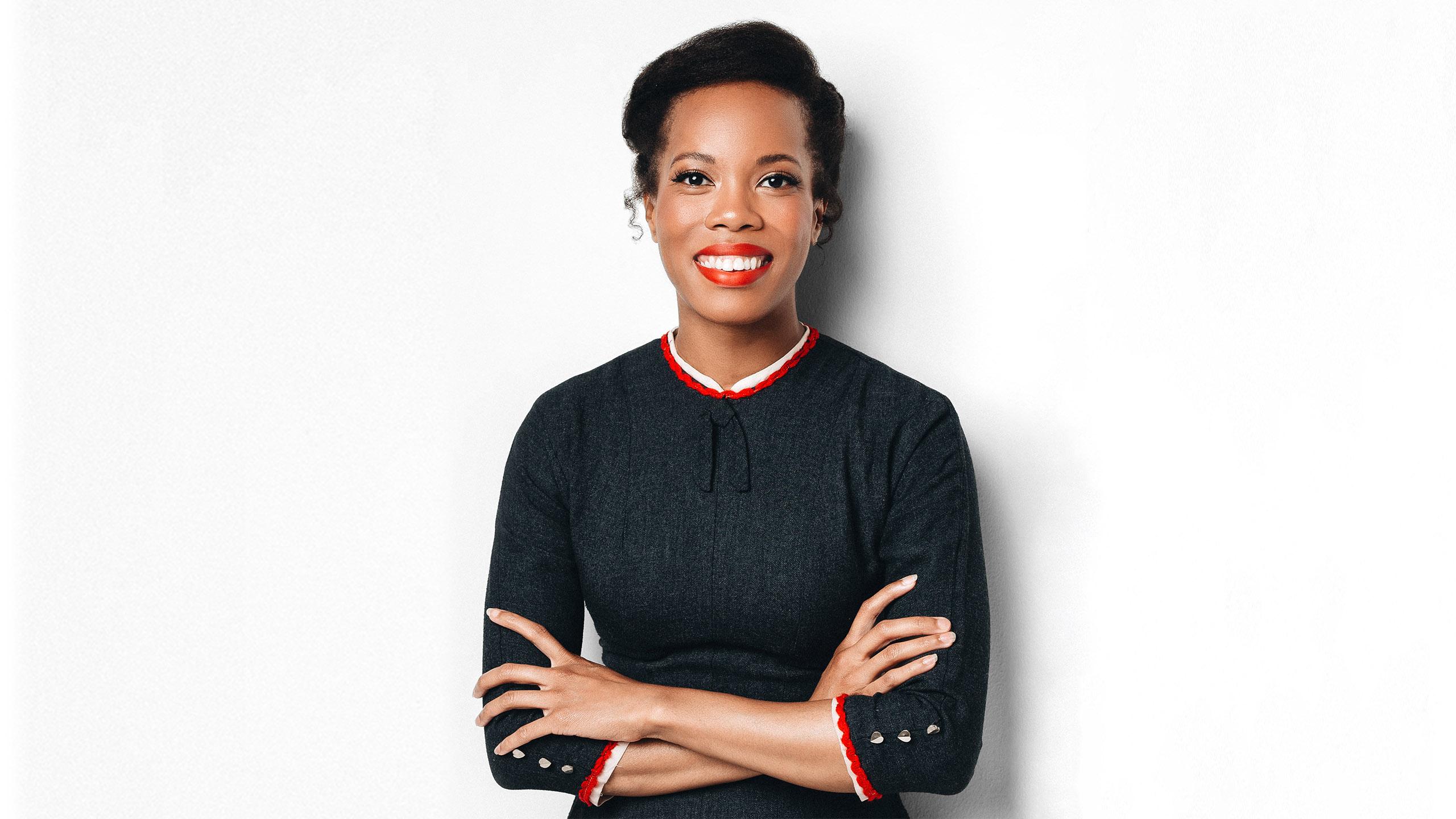By Tyler Griffin
In her early years as a graduate student, Kim Jenkins came to a realization: for fashion students of colour like herself, none of the course material reflected her lived experience in fashion. No one was talking about how race has influenced aesthetics and access to ‘fashionability.’
In her early years as a professor, Jenkins set out to fix the problem. She introduced her now highly-acclaimed “fashion and race” course at Parsons School of Design in New York. The success of the course solidified Jenkins’ status as a cultural pioneer in the study of fashion identity.
Next semester, Jenkins will join the School of Fashion at Ryerson as a tenure-track assistant professor—and she’s bringing “fashion and race” along with her. The new gig will relocate Jenkins to Toronto from New York City, where she has lived for the past eight years. She currently works as a part-time lecturer at Parsons, as well as a visiting assistant professor of fashion design at the Pratt Institute.
In the course, students investigate how race plays into the ways we “fashion” our identities and how it shapes social standards of beauty and value. Jenkins also developed a fashion and race database as an open-source tool for teachers looking to find resources outside of the Western fashion canon—an extension of her work in the course.
The “Justice League”
Jenkins’ hiring is just one move in a string of new hires and courses being introduced to the School of Fashion. Since taking the helm in fall 2018, fashion school chair Ben Barry made it his mandate to revolutionize Ryerson’s approach to fashion education. Giving the school a brand new identity focused on equity, sustainability and the decentralization of Western narratives in the curriculum, Barry has filled his faculty with notable advocates for social change. Jenkins calls it the “Justice League” of fashion.
“I’ve been an admirer of Dr. Ben Barry’s work, and it’s exciting to be part of what I see shaping up to be one of the most socially and culturally progressive fashion schools in the world,” she said. “It’s the best time right now to join the department and be part of this pivotal change that’s going on.”
Jenkins’ focus at Ryerson will stay grounded in exploring why we wear what we wear through avenues such as fashion history, theory, social psychology and the lens of race, while also working with Barry to rethink the ways fashion curricula are taught.
“It’s great to be a pioneer in these new ways of thinking through fashion education,” she added.
Holding brands accountable
Jenkins said she hopes to use the move as an opportunity to take the next step in working as an educational consultant for fashion brands. In spring 2019, Jenkins was hired as an educational consultant for Gucci to support the label’s efforts in improving diversity and inclusivity.
“Fashion businesses are just warming up to the idea of hiring a fashion educator,” Jenkins said. “It’s not enough to have a diversity and inclusion officer. With all the mishaps that have been going on in the news, you truly need an educator.”
In 2019, fashion brands now face a higher level of scrutiny around issues like diversity and cultural appropriation. For example, Diet Prada, an Instagram account with 1.5 million followers, has grown into a major industry watchdog, regularly shaming high fashion brands and designers for copycatting, design-stealing, and, increasingly, cultural insensitivity (or just plain old racism). With the power to “cancel” major fashion houses at the slightest hint of appropriation, there’s never been a better time for major brands to hire fashion educators, like Jenkins, to hold them accountable.
Carving a space
In an Instagram post announcing the hire, Jenkins shared a personal account of her decision to become a “fashion anthropologist” nine years ago, when the pathway to her dream wasn’t so clear.
“I did a trust-fall into the universe, having full faith and confidence in my work and living a life in New York that was pretty broke, exhausted and uncomfortable for the [first five] years,” she wrote. “I dealt with folks who discredited my work and my voice. I dealt with fashion leaders who told me there was no place for me in the industry.”
For young people looking to break into creative industries, but don’t see a space for themselves, Jenkins has a few words of advice: make your own space.
“You may present challenging ideas or ways of doing something that people may not understand, may not be sure they’re on board with,” she said. “My story is an example that it’s worth it in the long run.”










Leave a Reply